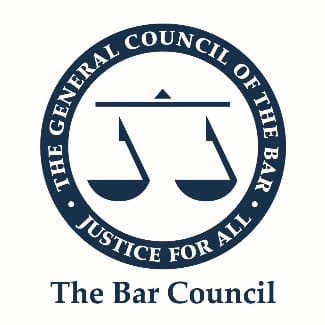Guest v Guest [2019] EWHC 869 (Ch)
Judgment date: 16 April 2019
https://www.bailii.org/ew/cases/EWHC/Ch/2019/869.html
HHJ Russen QC. The claimant, Andrew Guest, worked on his parents’ farm for thirty years for a lower wage than someone with his skills could have achieved elsewhere, in reliance – he argued – on his father’s promise, with his mother’s tacit agreement, that he would inherit the farm or a substantial portion of it. The parties’ relationship broke down. He brought a claim in proprietary estoppel.
The judge found that the father’s statements ‘were clear enough to amount to an assurance that Andrew would inherit a sufficient stake in Tump Farm as to enable him to carry on farming after his parents' deaths’. The assurances were given in ‘the private language of the family’ (see Thorner v Major [2009] UKHL 18) and Andrew’s expectation was ‘built upon parental assurance rather than a misplaced assumption’. The contemporaneous evidence showed that the parents were aware of this expectation. The judge also found that Andrew reasonably relied upon these assurances to ‘his significant financial detriment’ and that he would not have done so had his father not encouraged the idea of an inheritance. He ‘invested what for many is a lifetime's worth of work for a very modest reward which involved him sacrificing the likely prospect of bettering himself elsewhere.’
Andrew’s equity was not built upon an assurance of a quasi-contractual character. His expectation had decreased over time from the entirety to a large share. The judge notes at [143] that ‘provided he can identify the property in question, the claimant may be permitted some uncertainty as to the scope of his expectation; even if that might mean that (per Lord Neuberger in Thorner v Major) he should be "accorded relief on the basis of the interpretation [of the assurance] least favourable to him"’. He considers Lewison LJ’s nine propositions in Davies v Davies [2016] EWCA Civ 463 and concludes at [165] that the court should look at claimant’s expectation, then proportionality. There may be reasons (as discussed in Jennings v Rice [2002] EWCA Civ 159) for not satisfying expectation if too extravagant. The court must also do justice to the defendant. ‘That may involve taking account of the defendant's continuing interest in the property (particularly when the claimant's expectation was to inherit only after his death) and the interests of others…’
Given the parties’ relationship breakdown, a clean break was appropriate. The farm should be sold and Andrew should receive 50% of the net market value of the farming business and 40% of the net market value of the farm itself.
Editor’s Note: This decision was appealed to the Court of Appeal and then to the Supreme Court. Both are summarised on this site.








